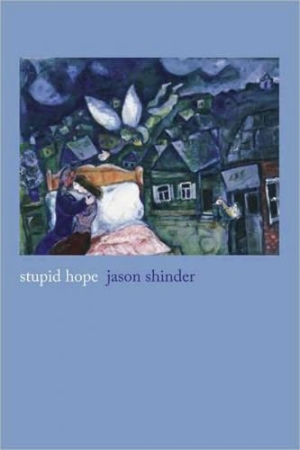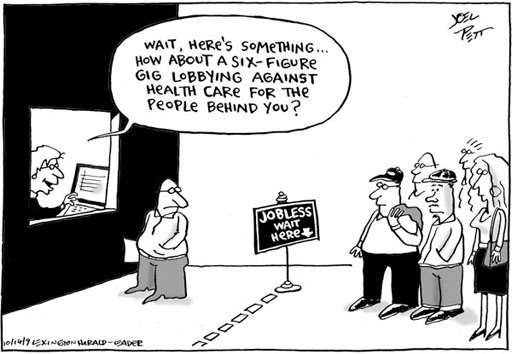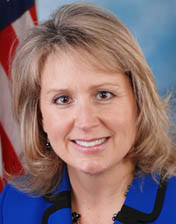Jason Shinder’s Poem “At Sunset”
Joy Jacobson is a poet, journalist, editor, and CHMP senior fellow.
 A few years ago a former poetry teacher of mine, Jason Shinder, died of leukemia and lymphoma at his home in New York. He had asked four of his friends, all poets, to act as literary executors and compile his last poems. They did so, and the resulting volume, Stupid Hope, was published posthumously in 2009. In it, Shinder deals unsparingly, and quite hauntingly, with illness, the successes and failures of treatment, and dying.
A few years ago a former poetry teacher of mine, Jason Shinder, died of leukemia and lymphoma at his home in New York. He had asked four of his friends, all poets, to act as literary executors and compile his last poems. They did so, and the resulting volume, Stupid Hope, was published posthumously in 2009. In it, Shinder deals unsparingly, and quite hauntingly, with illness, the successes and failures of treatment, and dying.
“Cancer is a tremendous opportunity,” he told a friend, “to have your face pressed right up against the glass of your mortality.” We can feel fortunate that he possessed both the skill and the willingness to take poetic advantage of that “opportunity.” In a plainspoken manner, Shinder’s poems approach what he calls “the far reaches of what humans can find out about each other.”
Here is a great example, reprinted in its entirety (with the permission of Graywolf Press):
At Sunset
Your death must be loved this much.
You have to know the grief—now.
Standing by the water’s edge,
looking down at the wave
touching you. You have to lie,
stiff, arms folded, on a heap of earth
and see how far the darkness
will take you. I mean it, this, now—
before the ghost the cold leaves
in your breath, rises;
before the toes are put together
inside the shoes. There it is—the goddamn
orange-going-into-rose descending
circle of beauty and time.
You have nothing to be sad about.
The poem’s free-verse form reveals much about the speaker’s state of mind. Like many of the poems in Stupid Hope, this one alternates single-line stanzas with couplets—one line, two lines; one line, two lines—a form that replicates life: alone one minute, you’re with others the next, but not for long. And from the poem’s first word the speaker addresses himself, a device that’s no mere caprice; it represents an urgent need for self-intimacy.
What, though, does that entail? “You have to lie,” the poem instructs. The line break gives the statement a double meaning and touches on what we call denial—an overused term for the self-deception required of us all as we keep awareness of death at bay. Because this speaker is gravely ill, he must lie and then he must stop lying, as he acknowledges what he stands to lose when “the toes are put together / inside the shoes” for the last time. And with that extraordinary poetic curse—the “goddamn” sunset, symbol of day’s end and life’s end—rage stands side by side with beauty, breaking down any remaining capacity for lying, as well as the boundary between speaker and reader.
That stark, unsentimental last line addresses not just the unluckily sick poet but all of us dying creatures. Sadness and grief aren’t the same thing, the poem claims. With every reading, for the second or two it takes me to let in the line, I allow for the possibility that dying does not have to be a tragedy. The entreaty posed in the opening—“death must be loved”—seems less outlandish in the end.
Jason Shinder wrote two previous books of poems and edited a number of anthologies, including The Poem That Changed America: “Howl” Fifty Years Later, a collection of essays on Allen Ginsberg’s famous poem. But Shinder’s last book has not received the attention it deserves. Read Stupid Hope and “see how far the darkness // will take you.”
Joy Jacobson is a poet, journalist, editor,







